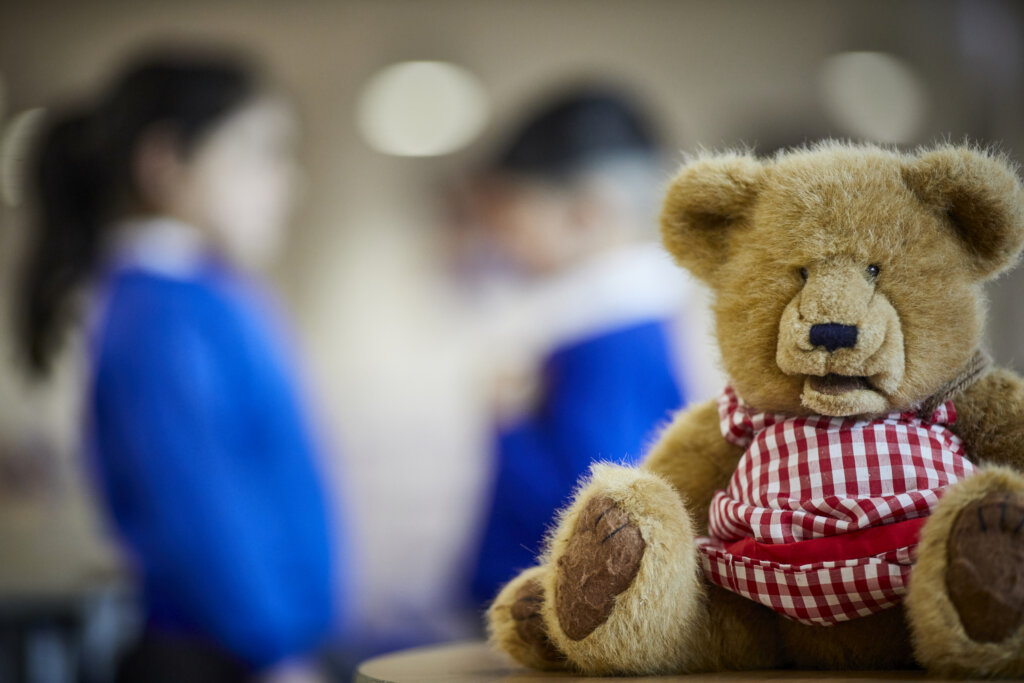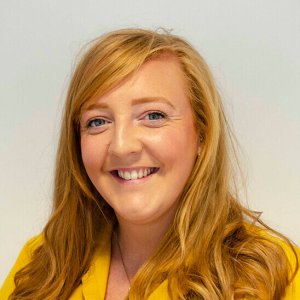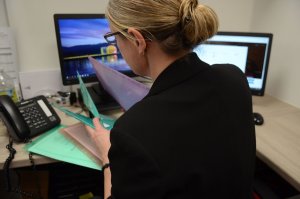Forced Marriage is a form of abuse which is covered under Honour Based Violence. It is a criminal offence and a serious abuse of a person’s human rights. Forced Marriage is still happening to young people all over the UK – so what can schools do to safeguard them from this? And how do we report our concerns around Forced Marriage?
The Facts:
A forced marriage is where one or both people do not (or in cases where there are learning or physical disabilities, cannot) consent to the union and pressure or abuse is used to force them into it. Forced marriage is recognised in the UK as a form of violence against men and women, is seen as domestic abuse, child abuse and is a serious abuse of an individual’s human rights. Forcing a person into marriage has been a crime in England and Wales since June 2014. The law also applies to UK nationals overseas who are at risk of becoming a victim of forced marriage, meaning that law enforcement agencies can arrest perpetrators in other countries where a UK national is involved, and bring charges against them back in the UK.
Individuals who are being forced into marriage may be pressured in the form of physical abuse (threats, actual physical violence or sexual abuse), or emotional and psychological abuse (when a person is made to feel like they are bringing shame upon the family). Victims may also be financially abused, for example by having their money taken from them so that they are solely dependant on their family and cannot seek advice from elsewhere. They may also be persuaded to return to their country of origin under false pretences.
The impact of Forced Marriage upon the victim can be catastrophic – there have been numerous cases where victims have been continuously abused by their spouse and their in-laws and in some tragic cases, victims have taken their own lives.
A forced marriage should not be confused with an arranged marriage. Arranged marriages are consensual for both parties and either individual may refuse to marry if they wish. Arranged marriages are common in the UK and are often successful.
The figures:
The Home Office and Foreign and Commonwealth Office statistics for the Forced Marriage Unit (FMU) 2018 (published May 2019) showed a 47% increase in cases that had been dealt with compared with the previous year, 2017. The FMU offer advice, guidance and support for individuals via their public helpline and email inbox and these may be used by individuals who are at risk, friends or relatives, or professionals from agencies who are responsible for safeguarding children and vulnerable adults. Those who have already been forced to marry may also seek support from the FMU.
Statistics show that 20% of the cases received are from the victims of forced marriage themselves, with the largest percentage of cases (around 60%) being referred by professionals such as Designated Safeguarding Leads within schools. 33% of all cases received were from children under 18 years of age.
Interestingly, July was the month in which the highest amount of new cases were referred to the FMU and could perhaps be an indicator that for children, forced marriage is likely to occur during school holidays where families who travel to countries of origin may go unquestioned.
In 2018, the six countries with the highest number of cases were:
- Pakistan – 769 cases (44%)
- Bangladesh – 157 cases (9%)
- India – 110 cases (6%)
- Somalia – 46 cases (3%)
- Afghanistan – 44 cases (3%)
- Romania – 43 cases (2%)
It is of course important to recognise that these are the figures that have been reported to the FMU and that in reality, true figures will be a lot higher, highlighting that forced marriage is still very much a hidden crime
What to look out for:
As with many complex safeguarding issues that schools come across, it is often difficult to recognise the signs or indicators of forced marriage in isolation. There are often small parts of information or changes to a pupil’s behaviour that will provide a larger picture of concern over a period of time. As always, a strong school ethos and culture around safeguarding will ensure that all school staff are vigilant to concerns and that there are no “it won’t happen here” attitudes apparent.
Staff should follow their school’s safeguarding procedures with regards to reporting concerns and should be alert to the following indicators that a child is at risk of forced marriage:
- Changes in the pupil’s behaviour – perhaps becoming withdrawn and contributing less to conversations;
- Poor academic performance;
- Changes in relationships – no longer friendly with their usual social group or perhaps cutting-off romantic relationships which they feel may not be acceptable to their family;
- Signs of physical abuse such as bruising due to the violence enforced upon the victim to pressurise them into marriage;
- A sibling discussing the upcoming marriage and/or disclosing their concern for the older child;
- A child who has older siblings who were married at a young age;
- Discussion of a trip to their country of origin (perhaps during term time) or a child suddenly being absent from school without warning, indicating that they are in immediate danger.
It is important to recognise that more commonly, children are not aware that they are going to be forced into marriage and that if they are aware, they may have been threatened into not speaking to anybody about the arrangement. This of course makes it difficult for schools to detect concerns, but highlights the importance of reporting concerns immediately if staff do become aware of a forced marriage.
Reporting:
The government issued a Forced Marriage Consultation back in November 2018 to discuss whether reporting of forced marriage should become mandatory for multi-agency professionals. The home secretary at the time of the consultation, Sajid Javid MP, stated that “we know that forced marriage remains a hidden crime. Victims may stay silent, fearing isolation or worse from their family and/or community. That is why the role of frontline professionals in health, education and social care, who may come across signs of forced marriage, is so crucial.” Although there is currently no mandatory duty for educational professionals to report forced marriage, it is of paramount importance that schools do all they can to safeguard their young people from it happening to them.
School staff should not inform parents or ask for further information if they become concerned about the possibility of a pupil being forced into marriage. This would more than likely put the child at further risk of harm and may result in the child being forced to marry at a nearer opportunity before agencies have the opportunity to intervene.
School staff should inform their designated safeguarding lead of their concerns, and Children’s Services should be contacted immediately. The school may also wish to refer their concerns to the Forced Marriage Unit (020 7008 0151 or email fmu@fco.gov.uk). If the school have reason to believe that a child has already been taken to another country to be forced into marriage, the police should be contacted immediately on 999. Forced Marriage Protection Orders are now in place to protect victims from being forced into marriage and these can be applied for by the victim, family members or someone who has been asked to help them (such as a DSL in school).
A criminal conviction for forcing someone to marry carries a maximum penalty of seven years in prison. Breaching a Forced Marriage Protection Order is also a criminal offence, carrying a maximum penalty of five years in prison or an unlimited fine.
What can we do to safeguard our pupils from Forced Marriage?
As always, raising awareness of forced marriage with the young people in your setting is one of the most protective forms of action a school can take. By allowing pupils to have open and honest conversations and raising awareness that forced marriage is a crime, the school or college will provide their students with information in a safe and non-judgemental environment. It may also allow students to challenge what they have previously believed or been told and may result in an increase in disclosures. Providing pupils with knowledge of forced marriage will hopefully allow them to understand that there are adults in school who can help if they are concerned about being a victim themselves, or if they are concerned about a friend or sibling.
The school may also wish to hold workshops or share information about forced marriage via parental communication systems so that parents are made aware of the legal implications of forcing young people into marriage. It will also give insight into the school’s knowledge of forced marriage and the action that the school will take in order to protect their pupils. Empowering parents and carers with knowledge of forced marriage may result in disclosures from their own experiences, giving them the understanding that their own human rights have been abused. Parents may also raise concerns about their partners or family members forcing their child into marriage although they do not wish for them to do so.
There are many agencies and charities who now offer workshops or deliver assemblies to schools and colleges to discuss forced marriage in an age-appropriate and non-judgemental way. Often these are delivered by individuals who have experience of forced marriage and are relatable. Young people may feel able to seek support from these services as an alternative to members of staff in school. There are also free resources offered by similar services and agencies which are a great way of introducing the topic during form time or PSHE lessons.
We are lucky to be joined by Angie Marriott at One Education’s Safeguarding Conference on 7th February this year, who specialises in Forced Marriage (FM), Honour Based Violence (HBV) and Female Genital Mutation (FGM). Angie is a Cross-Cultural Diversity Consultant and registered nurse who works with communities and the police to further understand cultural barriers faced by black and minority ethnic communities.
References:
- Preventing and tackling forced marriage: a consultation
- Forced Marriage Unit Statistics 2018 (Published May 2019)
















